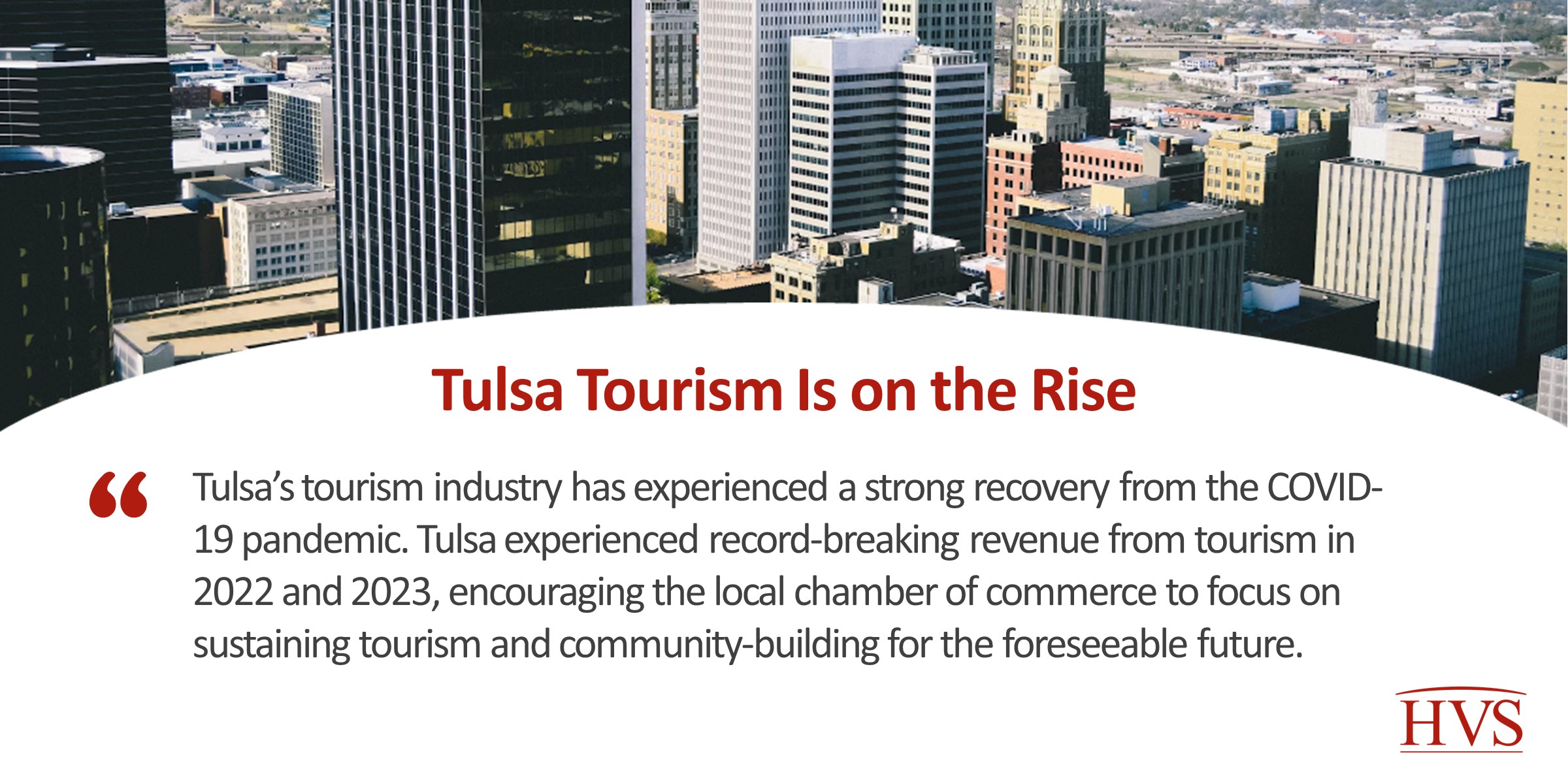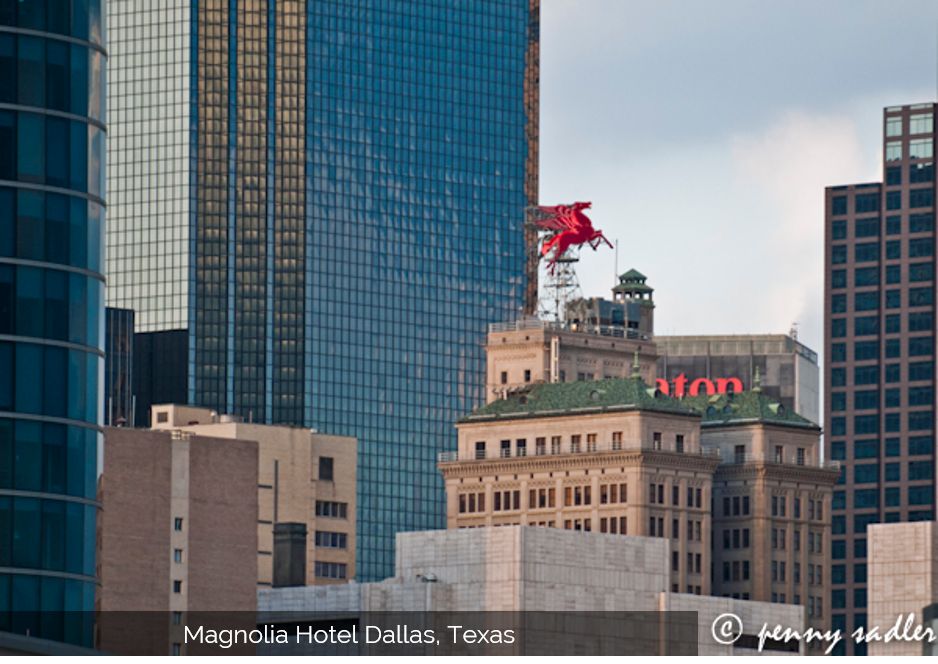Austin, Dallas, Houston, and Fort Worth are pursuing convention center expansions totaling $7.6 to $7.8 billion, with San Antonio considering an additional $900 million project. These developments are largely enabled by Texas’s innovative financing mechanisms, such as Project Financing Zones. This article examines the scope of these projects and their policy foundations, while analyzing how they shape both Texas’s internal competition and its national positioning in the convention industry.
Industry Insights
We have written thousands of articles about all aspects of hospitality, including valuations, investing, lending, operations, asset management, and much more.
Texas Goes All In For Convention Centers
Austin, Dallas, Houston, and Fort Worth are pursuing convention center expansions totaling $7.6 to $7.8 billion, with San Antonio considering an additional $900 million project. These developments are largely enabled by Texas’s innovative financing mechanisms, such as Project Financing Zones. This article examines the scope of these projects and their policy foundations, while analyzing how they shape both Texas’s internal competition and its national positioning in the convention industry.
Tulsa Tourism Is on the Rise
Tulsa’s tourism industry has experienced a strong recovery from the COVID-19 pandemic. Tulsa experienced record-breaking revenue from tourism in 2022 and 2023, encouraging the local chamber of commerce to focus on sustaining tourism and community-building for the foreseeable future.
Modular Construction: An Evolution in the Development of Modern Hotels
Though historically associated with residential and low-rise commercial buildings, modular construction has gone more upscale in recent years. What are the benefits, and what should hotel developers consider before going modular?
Key Considerations for Historic Building Conversions
In response to rising demand for unique designs, developers are turning to adaptive reuse as a means of creating one-of-a-kind hotels. Historic building conversions come with their own sets of challenges, balanced by potential rewards.
Market Intelligence Report 2013: Oklahoma City
Employment in Oklahoma City stands far ahead of the nation, and activity generated by agriculture, energy concerns, and the military has kept the economy going strong. What has this meant for recent hotel performance, supply, and transactions?
HVS Market Intelligence Report: Oklahoma City, Oklahoma
Business relocations and expansions are one sign of Oklahoma City’s economic strength since the recent recession; increasing hotel tax revenues, greater demand, and new supply demonstrate the strength of the city’s hotel sector.
The Recession's Effects on Seattle's Hotel Industry
The Emerald City, in recent years thought to be recession-proof, has lost a bit of luster in the national economic downturn.
Industry Insights
We have written thousands of articles about all aspects of hospitality, including valuations, investing, lending, operations, asset management, and much more.

Tulsa’s tourism industry has experienced a strong recovery from the COVID-19 pandemic. Tulsa experienced record-breaking revenue from tourism in 2022 and 2023, encouraging the local chamber of commerce to focus on sustaining tourism and community-building for the foreseeable future.
Though historically associated with residential and low-rise commercial buildings, modular construction has gone more upscale in recent years. What are the benefits, and what should hotel developers consider before going modular?

In response to rising demand for unique designs, developers are turning to adaptive reuse as a means of creating one-of-a-kind hotels. Historic building conversions come with their own sets of challenges, balanced by potential rewards.
Employment in Oklahoma City stands far ahead of the nation, and activity generated by agriculture, energy concerns, and the military has kept the economy going strong. What has this meant for recent hotel performance, supply, and transactions?
Business relocations and expansions are one sign of Oklahoma City’s economic strength since the recent recession; increasing hotel tax revenues, greater demand, and new supply demonstrate the strength of the city’s hotel sector.
The Emerald City, in recent years thought to be recession-proof, has lost a bit of luster in the national economic downturn.

Robust demand in urban centers continues to drive Canadian hotel values despite high interest rate environment.